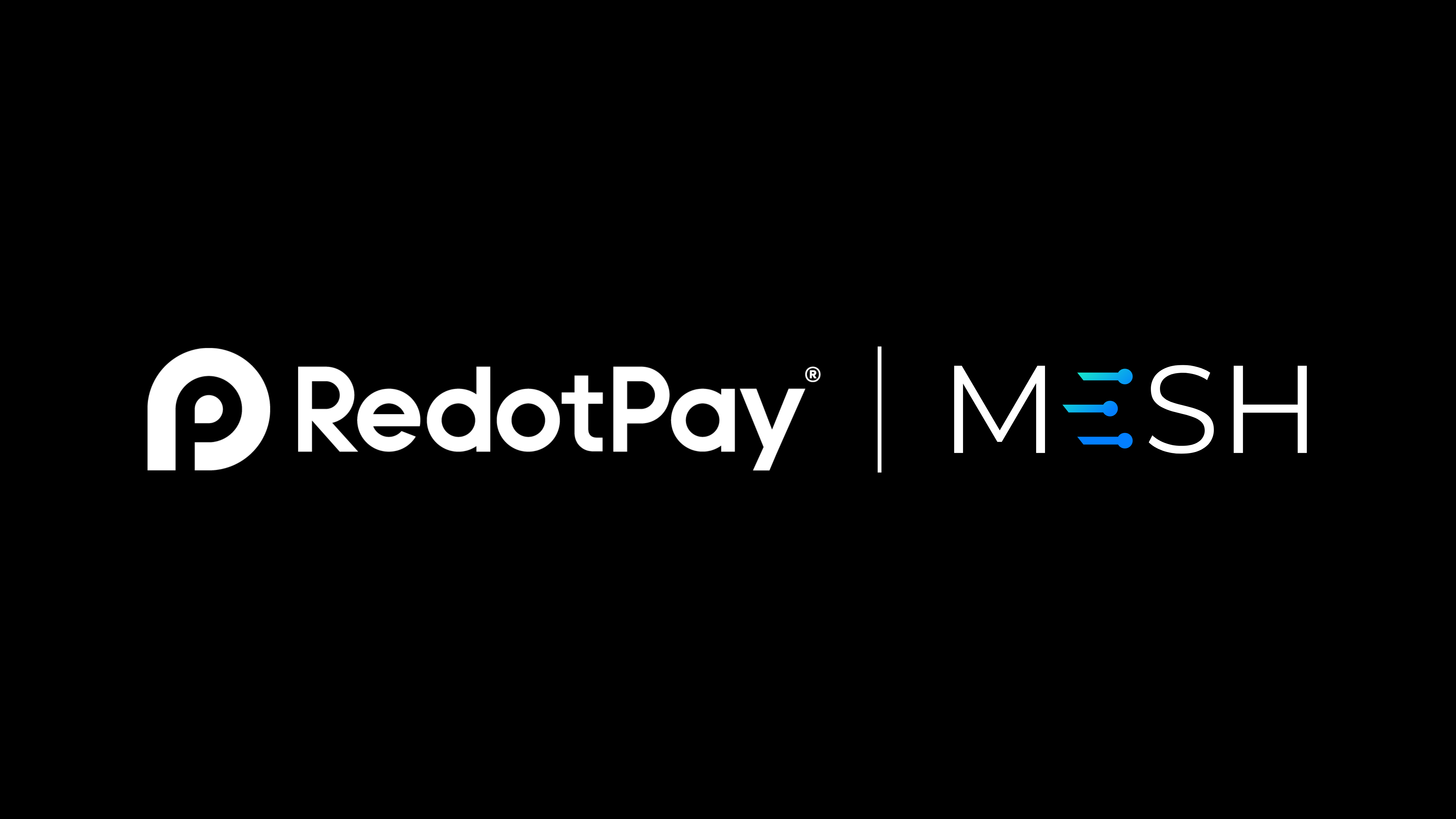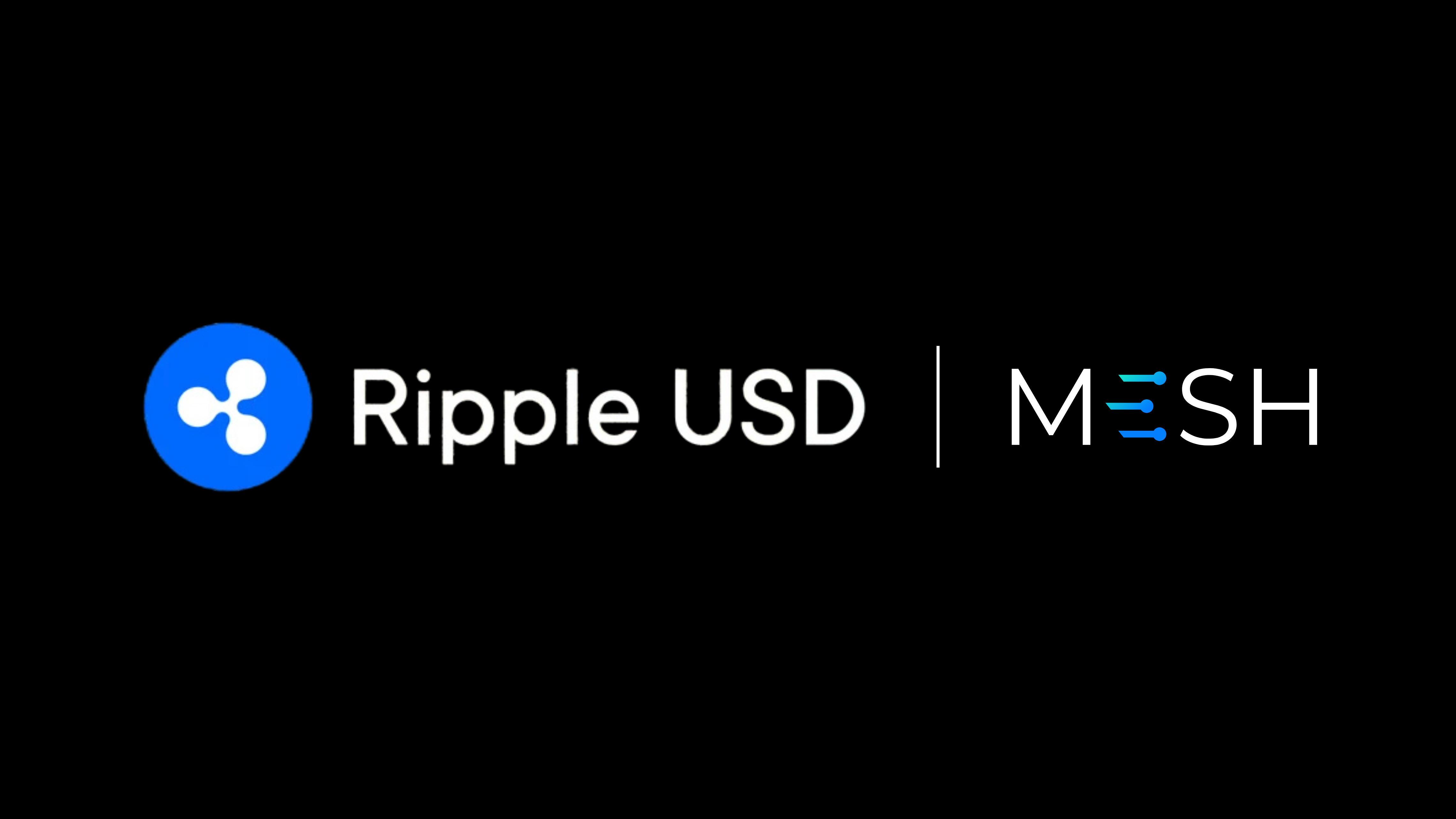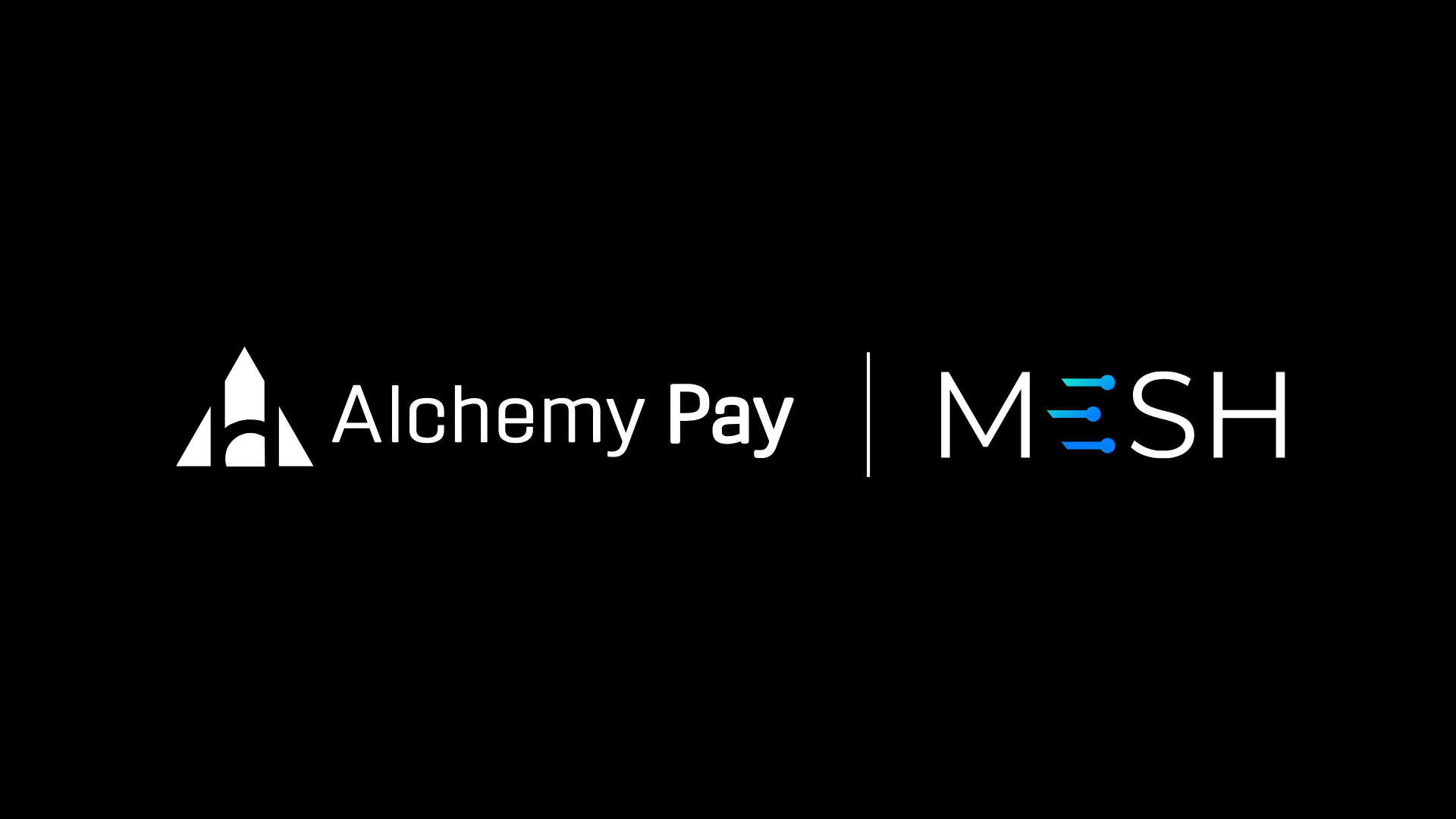January 12, 2024
Does Coincheck have an API?
Yes, Coincheck does have an API that allows users to access information such as account balance, transaction history, order status, and order book. It also enables users to create and cancel orders, send BTC, and withdraw JPY. See the Coincheck Exchange API document for more details. As an alternative to using Coincheck's public API, consider using Mesh, which has built integrations with Coincheck along with 300+ other digital asset exchanges and wallets. This allows developers to build products that provide end users with access to various cryptocurrencies, all without leaving your platform.
About Coincheck
Founded in Tokyo in 2012, Coincheck is a cryptocurrency exchange that allows users to buy, sell, and trade various digital assets, including Bitcoin, Ethereum, and Ripple. As a subsidiary of Monex Group, Coincheck emphasizes ease of use, safety, and security, offering services such as instant transfers, deposits, lending, and payment services. With a team of 13 employees and ¥125M in funding, Coincheck has grown to become a popular choice for cryptocurrency enthusiasts in Japan and beyond.
General usage
Here's a brief summary of Coincheck’s APIs:
- Public API: Offers functionalities like browsing order status, viewing order transactions, and accessing the order book. This API is available to all users and does not require authentication, making it ideal for general market analysis and data gathering.
- Private API: Requires users to generate an API key for authentication. It provides more personalized features such as creating and canceling new orders, and checking account balances. This API is tailored for users who actively trade on the Coincheck platform and require direct interaction with their accounts.
Rate Limits
Coincheck API rate limits are:
- Rate Limits Range:
- Up to 5 requests per second for new orders.
- Error Handling:
- Returns a 429 error (too_many_requests) when the limit is exceeded.
- Additional Notes:
- These limits are not per currency pair and may vary depending on the system's load.
- The documentation doesn't specify detailed rate limits for all endpoints.
Authentication
This is how you authenticate your requests to the Coincheck API:
- Generate an API key by visiting the link provided in the Authentication section of the Exchange API document. Set permissions for each function and preferred IP addresses.
- For requests that require authentication, add the ACCESS-KEY, ACCESS-NONCE, and ACCESS-SIGNATURE to the HTTP Header.
- Calculate the ACCESS-NONCE as a positive integer that increases with each request, often using UNIX time.
- Create the ACCESS-SIGNATURE as a HMAC-SHA256 encoded message containing the ACCESS-NONCE, Request URL, and Request body using the API key. Refer to the code examples in Ruby, PHP, and Java provided in the Authentication section of the Exchange API document.
Errors
These are the three most common API errors Coincheck’s API:
- No error codes available: Unfortunately, the Exchange API document does not provide a list of common error codes or their descriptions. Similarly, the Example Domain page does not contain any relevant information on error codes or troubleshooting steps. In this case, it's recommended to consult the API documentation and ensure that your requests are formatted correctly and authenticated as needed.
- 429: too_many_requests: As mentioned in a previous section, if you exceed the rate limit of 5 requests per second for new orders, you will receive this error. To troubleshoot, ensure that your application stays within the specified rate limits and adjust your request frequency accordingly.
- Authentication errors: If you encounter errors related to authentication, double-check your API key, ACCESS-NONCE, and ACCESS-SIGNATURE. Ensure that you have followed the authentication steps outlined in the Exchange API document and that your API key has the appropriate permissions for the requested function.
An alternative to the Coincheck API.
While Coincheck's API provides access to various features and functionalities, using Mesh to integrate with Coincheck and other digital asset exchanges can offer several advantages. In this section, we'll discuss the benefits of using Mesh API over accessing Coincheck's API directly.
- Ease of use: Mesh is designed to provide a user-friendly and seamless experience, making it easier for developers to integrate cryptocurrency functionalities into their applications.
- Integrated user experience: Mesh allows for embedded cryptocurrency transactions within your app, offering a smooth user journey and eliminating the need for end users to switch between apps or copy/paste long addresses.
- Broad connectivity: With a single integration, Mesh connects to over 300 brokerages, exchanges, and wallets, providing extensive flexibility and choice for developers and businesses.
- Simplified asset management: Mesh simplifies the process of depositing assets, allowing transfers from various sources directly within the app for enhanced user convenience.
Considering these benefits, using Mesh API can be a more efficient and convenient option for developers and businesses looking to integrate with Coincheck and other digital asset exchanges. Start with Mesh today and experience the ease and efficiency of their cutting-edge API in your digital currency endeavors.











.png)
.png)
.png)
.png)
.png)
.png)
.png)
.png)

%20(1920%20%C3%97%201080%20px)%20(61).png)
.png)


.png)

%2520Wallet.png)















.png)
.png)
















.png)



.png)
.png)
































%2520Wallet.png)



